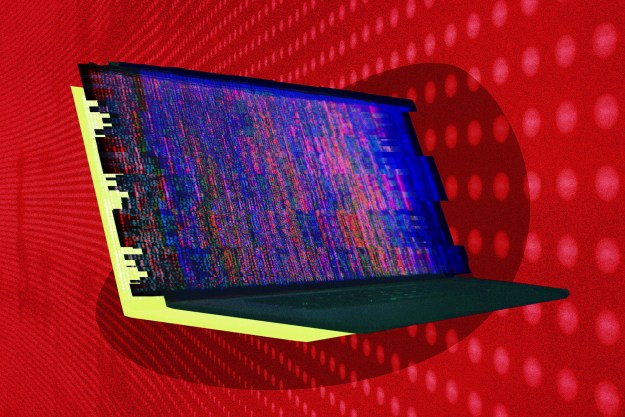
Unnamed administration officials told the Post the sanctions under consideration are aimed at China-based companies it believes have made use of data from hackers who’ve “stolen everything from nuclear power plant designs to search engine source code to confidential negotiating positions of energy companies.”
The sources point out that while China is by no means the only country engaged in trade-related cybertheft, it’s “by far the most active.” The Chinese government has always denied involvement in any such activity.
The dramatic step to impose sanctions could be announced in the coming weeks, interesting timing seeing that Chinese president Xi Jinping is set for his first state visit in September.
Imposing sanctions against overseas hackers and connected organizations was made possible back in April when President Obama signed an executive order bolstering the government’s potential to respond.
Writing about the move at the time, Obama said his administration was “giving notice to those who pose significant threats to our security or economy by damaging our critical infrastructure, disrupting or hijacking our computer networks, or stealing the trade secrets of American companies or the personal information of American citizens for profit.”
He continued, “From now on, we have the power to freeze their assets, make it harder for them to do business with U.S. companies, and limit their ability to profit from their misdeeds.”
While it’s impossible to know at this point if sanctions will have any real effect on the actions of cybercriminals searching for sensitive trade-related information, the government nevertheless considers the approach worthy of exploration as part of its ongoing battle to deal with hackers working against the nation’s interests.
A government official told the Post that the expected measure to impose sanctions “sends a signal to Beijing that the administration is going to start fighting back on economic espionage, and it sends a signal to the private sector that we’re on your team. It tells China, enough is enough.”
Editors' Recommendations
- White House unveils 31 U.S. tech hubs to boost industry
- DuckDuckGo’s Windows browser is here to protect your privacy
- Hackers are using a devious new trick to infect your devices
- As ransomware hits this U.S. hospital, lives could be at risk
- Over 1M credit cards just leaked to criminals on the dark web


